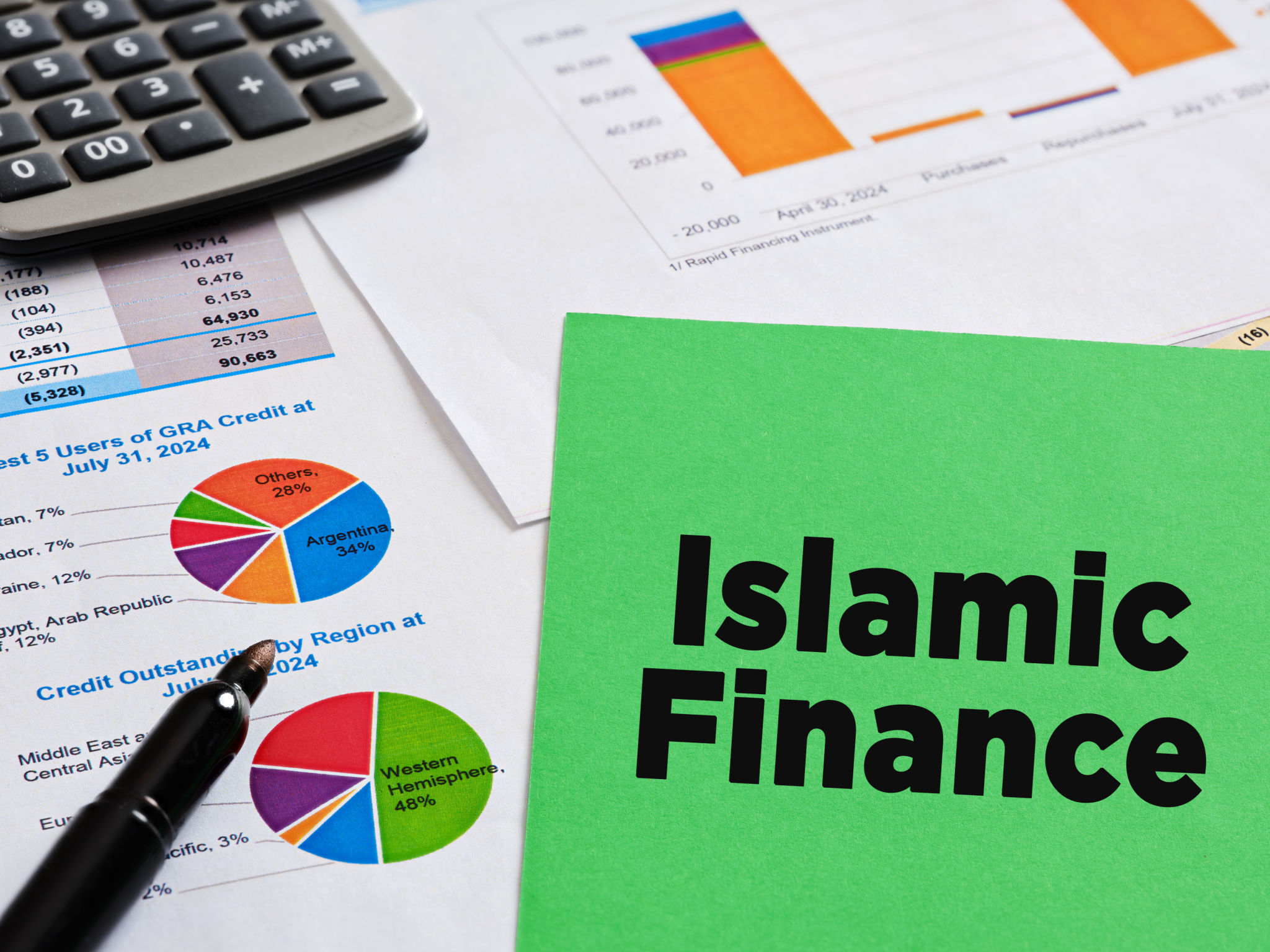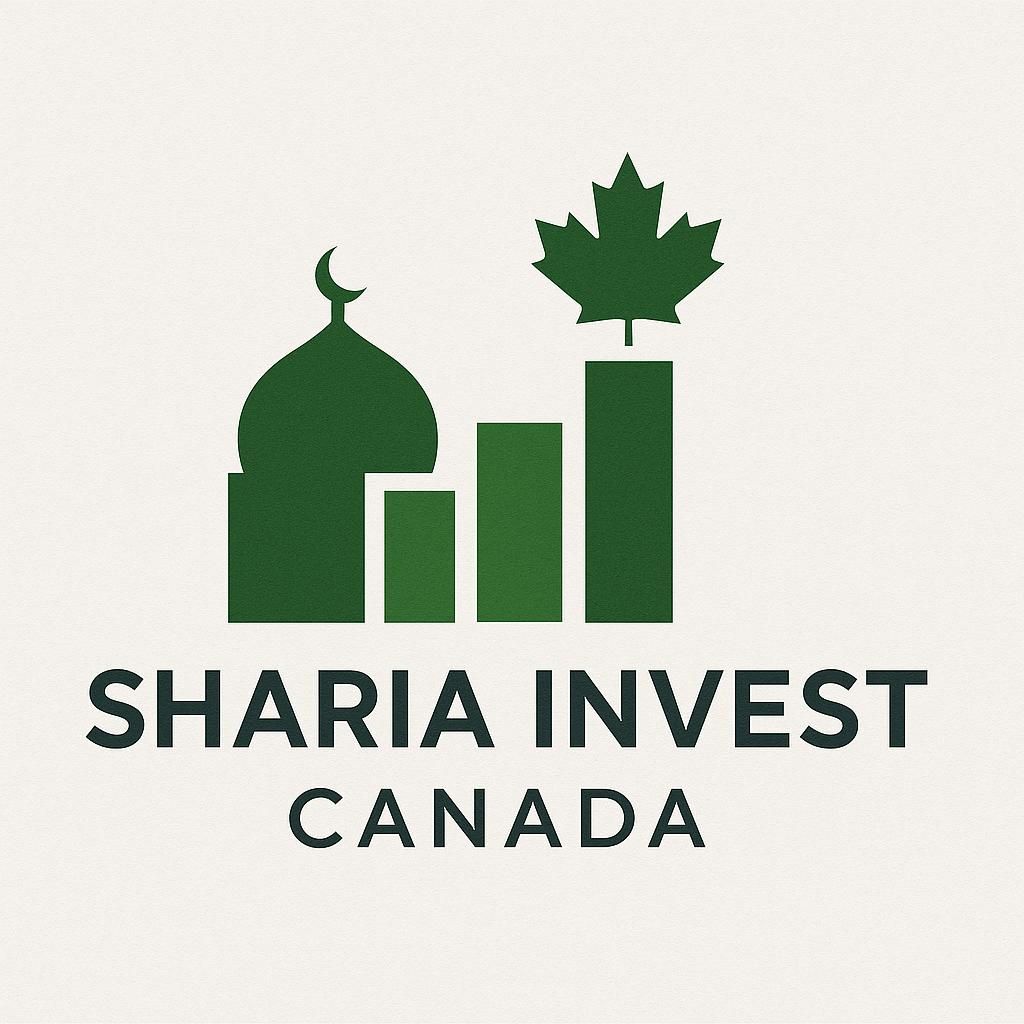Retirement Planning for Muslim Canadians: What You Need to Know
Understanding Retirement Planning in the Islamic Context
Retirement planning is a critical aspect of financial management, particularly for Muslim Canadians who wish to align their investments with Islamic principles. The fundamental goal is to ensure a comfortable and secure retirement while adhering to Halal investment strategies. This requires a deep understanding of financial products that comply with Shariah law, which prohibits interest (riba) and investments in businesses that are considered Haram, such as those involved in alcohol or gambling.
Muslim Canadians face unique challenges in identifying suitable retirement plans that meet both their financial goals and religious beliefs. The good news is that the financial sector is increasingly accommodating, with more options available that are Shariah-compliant.

Exploring Halal Investment Options
When planning for retirement, it's essential to explore various Halal investment options. These include Shariah-compliant mutual funds, exchange-traded funds (ETFs), and real estate investments, which are generally considered Halal due to their tangible nature. It's crucial to work with financial advisors who understand these principles to ensure your portfolio remains compliant.
One popular approach is investing in Sukuk, or Islamic bonds, which offer returns without interest. These bonds are structured to generate returns through profit-sharing or rental income instead of traditional interest payments.
Role of Islamic Banks
Islamic banks play a vital role in retirement planning by offering products that reinforce ethical investment principles. They provide savings accounts, investment accounts, and pension plans that align with Islamic values. Engaging with these institutions can help ensure your retirement plan is both financially viable and religiously compliant.

Creating a Comprehensive Retirement Strategy
A successful retirement strategy involves more than just selecting the right investments. It requires a comprehensive plan that includes budgeting, saving, and regularly reviewing your financial goals. Begin by assessing your current financial situation, including income, expenses, and existing savings. This will help you determine how much you need to save monthly to reach your retirement goals.
Consider setting up automatic contributions to your retirement savings accounts. This approach not only ensures consistent savings but also takes advantage of the power of compounding over time.
Importance of Estate Planning
Estate planning is another crucial element of retirement planning for Muslim Canadians. It's essential to ensure that your assets are distributed according to Islamic inheritance laws. This involves creating a will that details how your estate should be divided among your heirs, in line with the principles outlined in the Quran.

Engaging with Financial Advisors
Consulting with financial advisors who specialize in Islamic finance can provide invaluable guidance. These professionals can help you navigate the complexities of Halal investing and develop a robust retirement plan tailored to your needs. They can also assist in identifying potential tax advantages specific to Canadian residents.
When selecting a financial advisor, ensure they have experience in Islamic finance and a clear understanding of your personal financial goals and religious requirements.
Continuous Education and Adjustment
Retirement planning is not a one-time task but an ongoing process that requires continuous education and adjustments as your circumstances change. Stay informed about new Halal investment opportunities and evolving financial regulations in Canada to keep your retirement plan on track.
Regularly review your financial strategy, especially during life changes such as marriage, the birth of children, or career advancements, to ensure it still meets your long-term objectives.
